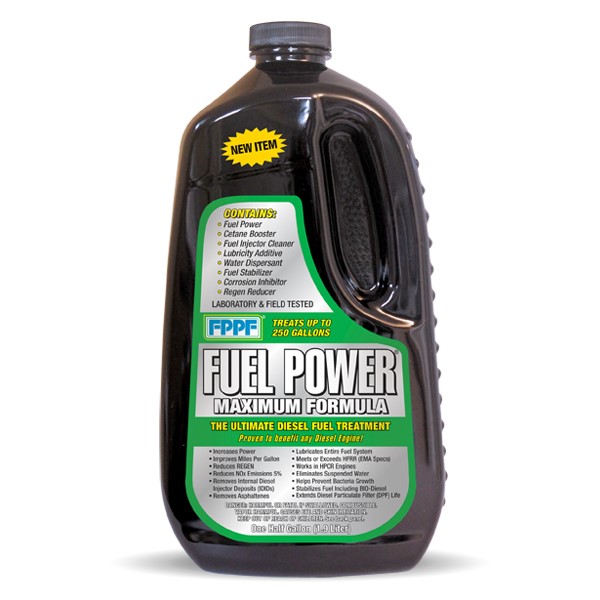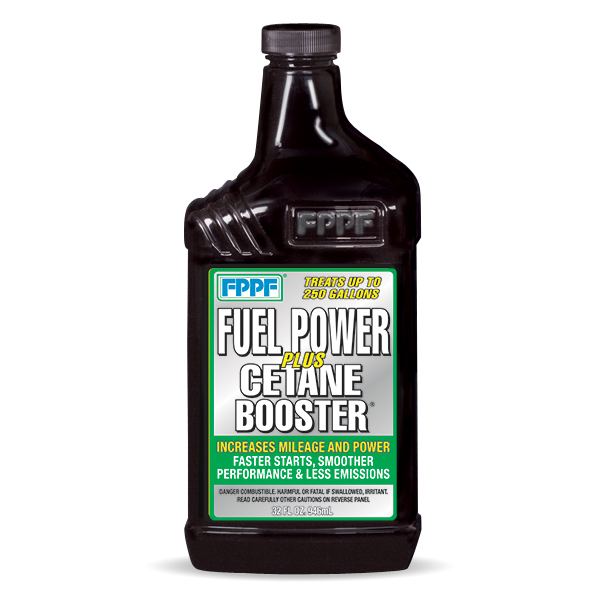Fuel Treatments | Boosting Fuel Efficiency: The Power of Fuel Treatments in the United States
Welcome to our blog! In an era of increasing fuel costs and environmental consciousness, finding ways to boost fuel efficiency has become a priority for many individuals and industries. One powerful solution gaining traction in the United States is using fuel treatments. These innovative additives offer a range of benefits, from improving engine performance and reducing emissions to extending the lifespan of vehicles. In this article, we delve into the remarkable power of fuel treatments, exploring their effectiveness and potential to revolutionize fuel efficiency in the United States.
What are Fuel Treatments?
Fuel treatments are chemical additives mixed with gasoline or diesel fuel to improve performance and efficiency. These treatments can be added to the fuel tank directly or mixed in with the power at a gas station. In the United States, a variety of fuel treatments available on the market claim to provide a range of benefits, including increased fuel economy, reduced emissions, improved engine performance, and better overall vehicle maintenance.
One common type of fuel treatment is a detergent additive, which helps to clean the engine’s fuel system by removing deposits from the combustion chamber and fuel injectors. Other treatments may include corrosion inhibitors, anti-oxidants, lubricants, and cetane boosters. The effectiveness of these treatments may vary depending on factors such as the type of vehicle and driving conditions. Still, many drivers find that using a fuel treatment regularly can help improve their vehicle’s performance and save them money on gas in the long run.
Types of Fuel Treatments
In the United States, various fuel treatments are available for different purposes. Here are some common types of fuel treatments used:
- Fuel Stabilizers: Fuel stabilizers are additives designed to prevent fuel degradation over time. They help to maintain fuel quality and prevent the formation of deposits and varnish that can clog fuel systems. Fuel stabilizers are commonly used in vehicles, boats, and small engines that are stored for extended periods.
- Fuel Injector Cleaners: Fuel injector cleaners are additives that help to remove deposits and carbon buildup from fuel injectors. They improve fuel atomization and combustion efficiency, leading to better fuel economy and smoother engine performance. Fuel injector cleaners are often used as a regular maintenance treatment for gasoline engines.
- Octane Boosters: Octane boosters are additives that increase the octane rating of gasoline. They are used to improve engine performance in vehicles that require higher octane fuel than what is available at the pump. Octane boosters can help reduce knocking or pinging sounds in high-performance engines.
- Diesel Fuel Additives: Diesel fuel additives are specifically formulated for diesel engines. They provide various benefits, such as improving cetane number (similar to octane for gasoline), preventing fuel gelling in cold weather, enhancing lubricity, reducing fuel system deposits, and improving overall diesel engine performance.
- Ethanol Treatment: Ethanol treatment additives are used when fuel contains ethanol, commonly blended with gasoline in the United States. These additives help to stabilize the ethanol and prevent phase separation, which can occur when the fuel absorbs water. They also protect against the adverse effects of ethanol on fuel system components.
- Fuel System Cleaners: Fuel system cleaners are additives that clean and remove deposits from the entire fuel system, including the fuel tank, fuel lines, injectors, and intake valves. They help restore engine performance, improve fuel economy, and reduce emissions. Fuel system cleaners are commonly used during tune-ups or as a troubleshooting measure for fuel-related issues.

Benefits of Using Fuel Treatments
Fuel treatments offer several benefits when used in the United States. Here are some of the key advantages:
- Fire Prevention and Management: Fuel treatments, such as prescribed burns and vegetation thinning, can help reduce the risk of wildfires by removing excess vegetation and creating firebreaks. This is particularly important in regions prone to wildfires, such as the western states. By reducing the amount of fuel available, fuel treatments can help prevent the rapid spread of fires and make them easier to control.
- Forest Health and Resilience: Fuel treatments contribute to forests’ overall health and resilience. Thinning dense stands and removing dead or diseased trees can improve the overall vigor of forests, allowing for better growth and regeneration. Fuel treatments can promote healthier and more resilient ecosystems by reducing competition for resources.
- Wildlife Habitat Improvement: Certain fuel treatments, such as selective thinning, can create more diverse forest structures, benefiting a more comprehensive range of wildlife species. By opening up the forest canopy and allowing more light to reach the forest floor, fuel treatments promote the growth of understory vegetation, which provides food and shelter for various wildlife species.
- Carbon Sequestration: Well-managed fuel treatments can enhance carbon sequestration in forests. By reducing the risk of catastrophic wildfires, fuel treatments help prevent the release of large amounts of carbon dioxide into the atmosphere. Promoting healthier forests through fuel treatments also allows trees to continue absorbing carbon dioxide through photosynthesis, contributing to carbon storage.
- Water Quality and Quantity: Proper fuel treatments can impact water quality and quantity positively. Thinning dense vegetation can improve water infiltration into the soil, reducing erosion and improving water retention. By reducing the risk of severe wildfires, fuel treatments also help protect watersheds from the negative impacts of ash and sediment runoff.
- Economic Benefits: Fuel treatments can generate economic benefits by providing employment opportunities in forest management and restoration. Furthermore, fuel treatments can help protect homes, infrastructure, and natural resources by reducing wildfire risk and avoiding the costly damages associated with uncontrolled fires.
- Recreation and Aesthetics: Fuel treatments can enhance recreational opportunities by reducing the risk of wildfires and creating safer environments for outdoor activities. Maintaining healthy forests through fuel treatments also contributes to the aesthetic appeal of landscapes, benefiting tourism and local communities.
How Do Fuel Treatments Work?
Fuel treatments are additives designed to improve engine performance and efficiency by removing deposits that can build up over time. In the United States, fuel treatments are widely used in gasoline and diesel engines to help maintain optimal engine performance. These treatments break down and dissolve carbon deposits, gum, and varnish that can accumulate in fuel lines, injectors, carburetors, and other engine components. By removing these deposits, fuel treatments help improve fuel economy, reduce emissions, and increase engine performance.
Many different types of fuel treatments available on the market today cater to specific needs, such as increasing power output or reducing wear and tear on engine components. Fuel treatments can be added directly to the fuel tank or mixed with oil before being added to the engine. They are safe for use in all types of machines and can provide a cost-effective way to maintain optimal engine performance over time. With regular use of high-quality fuel treatments, vehicle owners in the United States can enjoy significant savings on fuel costs while also extending the life of their engines.

Why are Fuel Treatments Important?
Fuel treatments are essential in the United States for several reasons. First, they help keep engines running smoothly and efficiently by removing harmful deposits that can build up over time. These deposits can clog fuel injectors and reduce engine performance, leading to decreased fuel economy and increased emissions. By regularly using fuel treatment, drivers can ensure their engines operate at peak efficiency, saving them money on gas and reducing their carbon footprint.
In addition to improving engine performance, fuel treatments also help to protect engines from corrosion and other types of damage. Many fuel treatments contain additives that lubricate the engine’s components and prevent rust and other forms of pollution from developing. This is particularly important for vehicles driven in wet or humid conditions, as moisture can cause significant damage to an engine over time. By using high-quality fuel treatment, drivers can extend the life of their machines and avoid costly repairs down the line.
